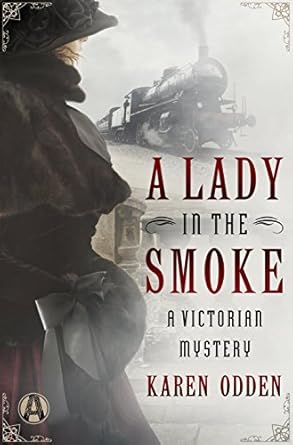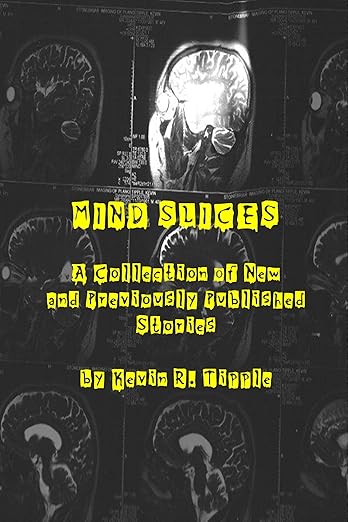Happy New Year! In the past I have asked the other SleuthSayers for resolutions or generously made some up for other people, but this time I decided to invite my fellow members of the Short Mystery Fiction Society to share their solemn oaths for 2026, which I am sure will be an unbearably spiffy year. Right? Anyway, here goes:
"Here’s my two. They are pretty much the same every year. First is to value showing up. And that means to care less about getting it right than showing up, at my desk, to my work, and for my peeps. Second is to recognize and be grateful for the ways others show up for me, to take it to heart, and enjoy it." - Karen Odden
"I am planning to resolve to read more short stories and submit one flash per week, and one longer story a quarter…this time, to help me I hope to join someone’s course." - Joan Leotta
"More rejections! I didn't do a good job this year of keeping my stories in front of editors. But for 2026, I vow to submit until it feels lie high school prom season, 1987! My motto? 'If I'm not crying, I'm not trying." Chris L. Robonson
"I don't have a resolution for 2026. But this is a story of success. Back at the end of 1992, when I had just turned 35yo, I was frustrated with the whole idea. It's too much pressure to make unrealistic promises to yourself and the community. So my resolution for 1993 was this: 'I am tired of setting myself up for failure and heartache. Therefore, for 1993, I resolve to never make New Year's resolutions again!' Guess what? THAT one I have kept for 33 years. And counting." - Linda Kay Hardie
"My resolution: reach for a book every time I have a knee-jerk impulse to reach for my phone. I'm always happier if I go for the book." - Joseph S. Walker
"I will stop going down rabbit roles in the name of research unless I have first spent hours wandering about in the weeds." - Judy Penz Sheluk
"My resolution is to keep better track of prompts and submission closing dates so I don’t waste time rooting around for them and/ or missing sub dates." - Joan Leotta
"My resolution is to write—or edit what I have already written—every day. That's it." - Yoshinori Todo
"I hope to start focusing on writing more in 2026. I would like to complete a story or two and send them off by the end of the year - or at least get them to MWA's Mentor Program. I really value that service but haven't participated in a while." - Robert Daniher
"My resolution is that I will not find out where all the people who don't like my writing live and go to their homes and sing "Never Gonna Give You Up" outside their window all night long." - A.L. Sirois
"I resolve to ignore the fact that I pay for a gym membership I don’t use. And, to use the time to finish the next novel and submit at least one short story somewhere. I love my short form Mondays on Substack but that doesn’t cover the YMCA expense." - D.J. Lutz
"I resolve to create new adventures for my favorite characters." - Paula Messina
"Next year, I hope to pull together some of my similar stories into short collections. One for sure (if it happens) will be ghostly mysteries since I realized I have quite a few of them. I think that by writing anything I darn well please, I’m missing a niche audience, and I know that’s important. In general, more supernatural elements are creeping into my stories and I want to pursue that." - Bobbi Chukran
"My resolution is to propose to my girlfriend when we go on the big trip we're planning. Don't tell her I said that though..." - Stephen M. Pierce
"I resolve to quit buying voodoo dolls to use on editors who displease me, and instead be more frugal and repurpose already used dolls." - Dave Zeltserman
"I'm going to do my best, in 2026, to not buy a single book from Amazon. We're lucky enough to have a great independent bookstore in my town (shoutout to Morgenstern Books!), and I figure if I want to keep having a great independent bookstore, I should give them as much of my business as possible. It might take a little longer and cost a little more, but Bezos is getting more than enough of my money already, and I've got plenty of stuff to read while I wait. Last time I was in I had them order me a copy of the new Best Private Eye Stories of the Year. Can't hurt to get products from small publishers like Level Best on their radar." - Joseph S. Walker
"I just decided to try and walk on my walking pad (that I haven’t used in years) while I write. I’m doing it right now and haven’t fallen off yet. I guess if I wind up in traction, I will have more writing time! So, maybe commit to some time every day?" - Cindy Goyette
"I resolve to not make any New Year's resolutions because I always break them. I plan to keep writing when I should be focusing on chores, when I should be walking on the treadmill, when I should be preparing a sensible meal. If I followed a resolution to change my dastardly ways, I wouldn't be writing as much as I want. Thus, a happy New Year for me, no habit changing creeds, and I hope the same for many others!" - Wil A."Spend far less time on social media. More time reading books and short stories. Make time to work on my own writing. Wear pants." - Kevin R. Tipple





